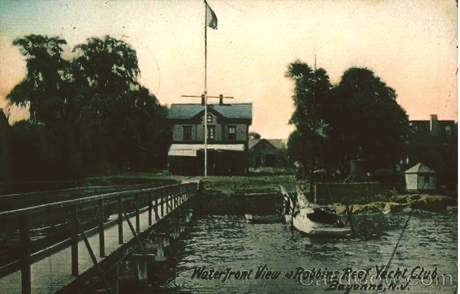
Stephanie’s grandmother Ingrid sat in the living room of her senior apartment staring at the television that ran endlessly as white noise and company, mostly in game shows and other nonsense fluff. These were her lifeline, and they kept her in a sense of general retired well-being and community with the other useless and helpless seniors who whiled away their end of life years in the comfortable reward of having served as economic units in this great country that, in Ingrid’s youth, hated her for being just a little too German. It was no longer so bad, in fact, not bad at all — who remembers the war? It is mostly a movie with swing jazz and tanks. We won, now let’s move on.
But not for Ingrid, who still carries a resistance to everything, and a tab in the liquor department as its cost.
The game show prizes and Hallmark Christmas romance tales were of varying importance to the slipping minds of her peers, but it was an uptick from the subject on everyone’s mind that was real, and that is, when am I going to die already? I hate this, but my body won’t let me stop.
At a certain point, outwitting death becomes a game, the winners smirking as the losers go down, at no win to themselves but glee. There is no ultimate victory — more people enter the game every day — but it keeps everyone from thinking about their fate as entry into a yawning abyss. No one can agree on what might happen when they cross over. Church is a bore except when it has grown into being a ligament of one’s very being, and that is what it is for Ingrid. Her church. Not just Catholic, but the very church of her entire life, St. Henry’s, which is often a bore nonetheless.
Every morning Ingrid had a cup of tea and read the leaves. It was mostly a useless exercise, given how little activity there was in her life, but this morning she noticed something unusual in the top of the cup. A dagger very clearly pointing down and toward her, and it was not of anyone she knew.
Her great-aunt was suddenly sitting at the table, in her mind. Was willst du machen? What are you going to do?
As in, are you going to rise up or are you going to lay there being old?
She looked out at the room where she was appointed to die, at the infernal box of flickering light, at the tired old lady furniture and bric-a-brac, and wondered what there could be beyond this unbearably valued but limited field.
What is it?
Stephanie of course.
Stephanie has gone on with her life and doesn’t need old grandma anymore.
She may not need grandma but grandma is needed, and it is of witches.
Of course. The only thing old Gudrun got on about in her life except the grind of keeping house was the constant churning of desire, envy, wealth, and show amid the control of one’s own spite, with or without the justice of the work, which comes but often not in time. The business of poking about in everyone’s affairs and the triumph when everything came right. Who is working and who is a fool. Who is reaching and for what? Is the explosive destruction of the hard job going to lead on to something fine, or will soft lives just get burnt?
Ingrid threw her mind toward Stephanie, that rotten little brat, in the iron jaws of the Cuban work. And what could she do, anyway? The days of being relevant, much less in power, long gone she felt, but, no, if Gudrun is involved, then the machine is up.
She will have to call her and offer a prize or something, usually money, but maybe some kind of token of her affection, like a precious gem or something. It was no matter to her, but it was not fair to the others who made their dutiful calls and owned old grandma in the right way. The salt of the earth, not the bad apple.
But if it is a matter of the power, Ingrid knew better than to withhold on account of human considerations. It always fell apart.
So, yes, she would offer Stephanie some gaudy crap and see if that precious little leech were actually up to anything interesting.
